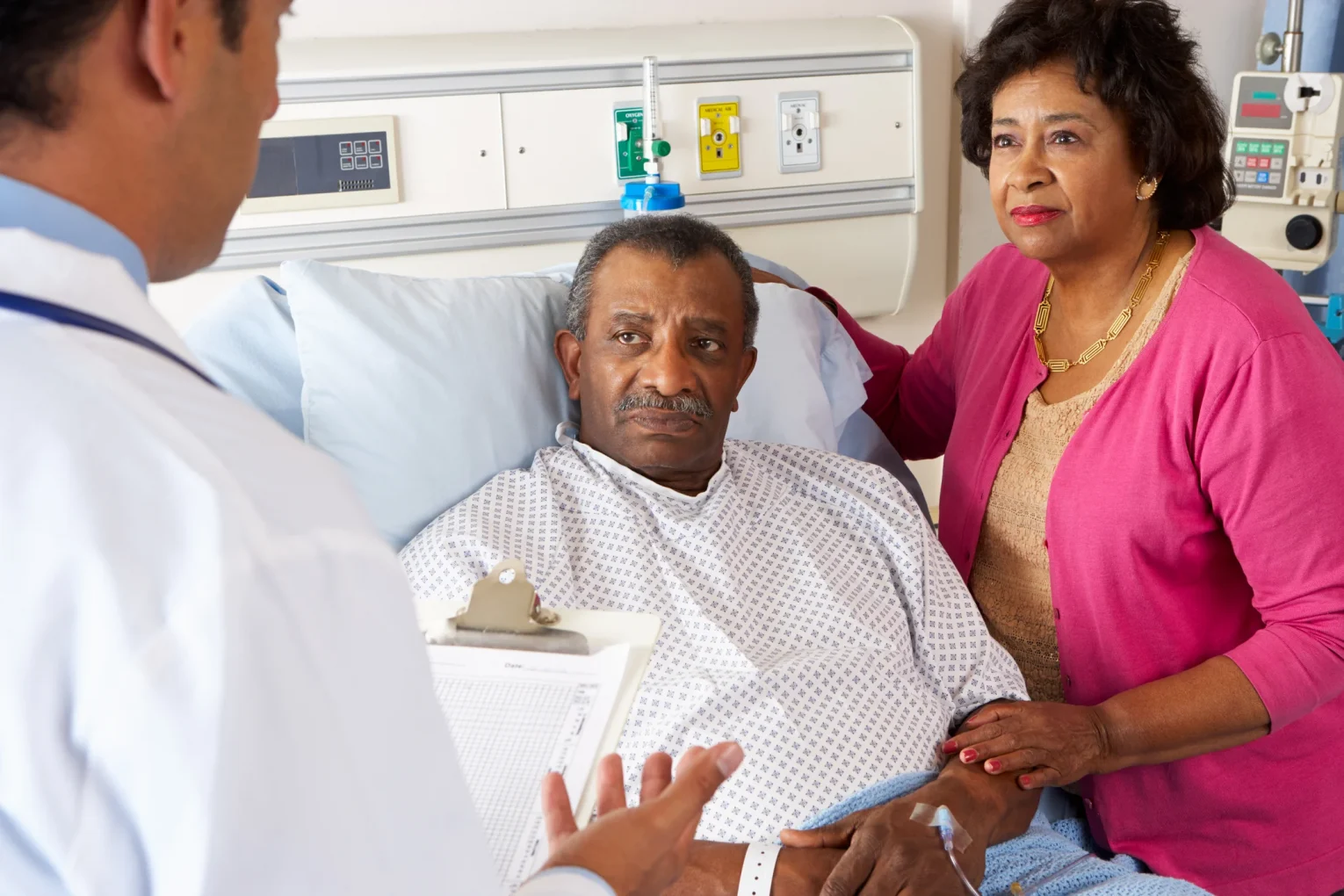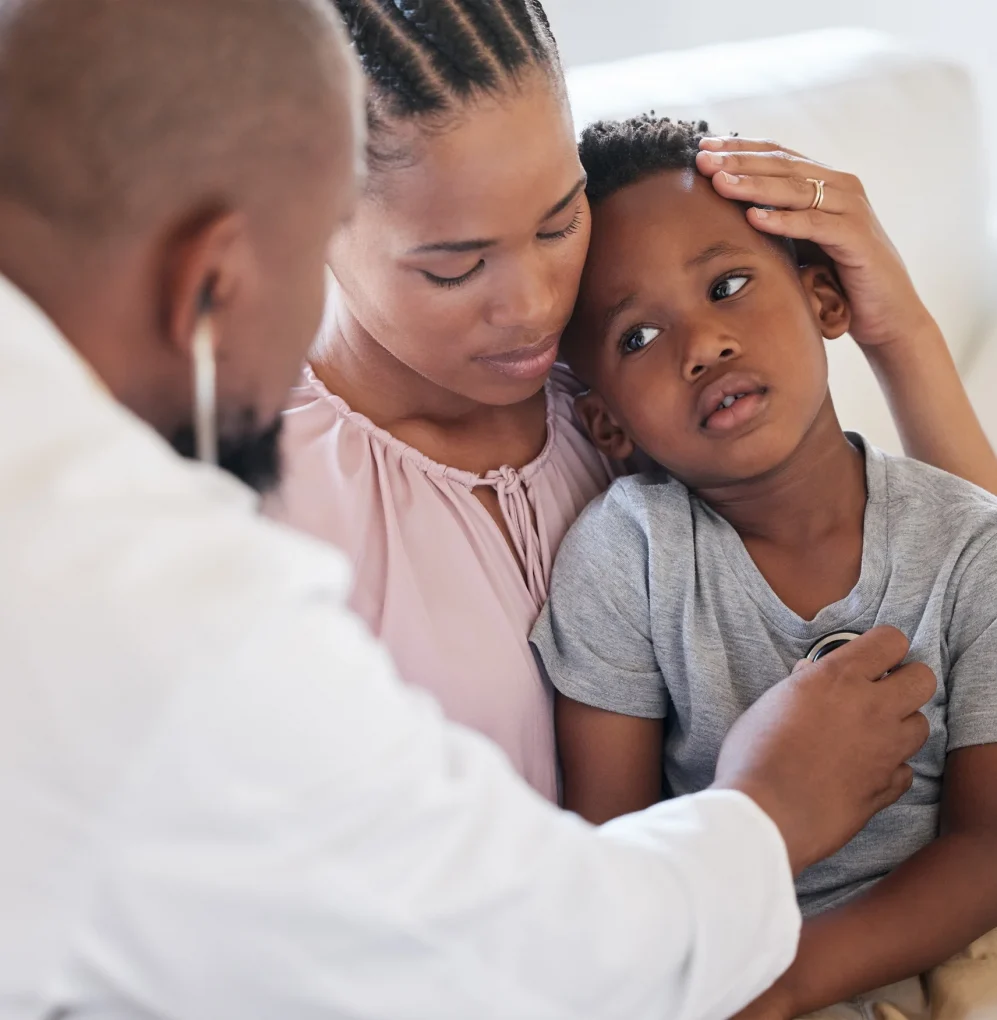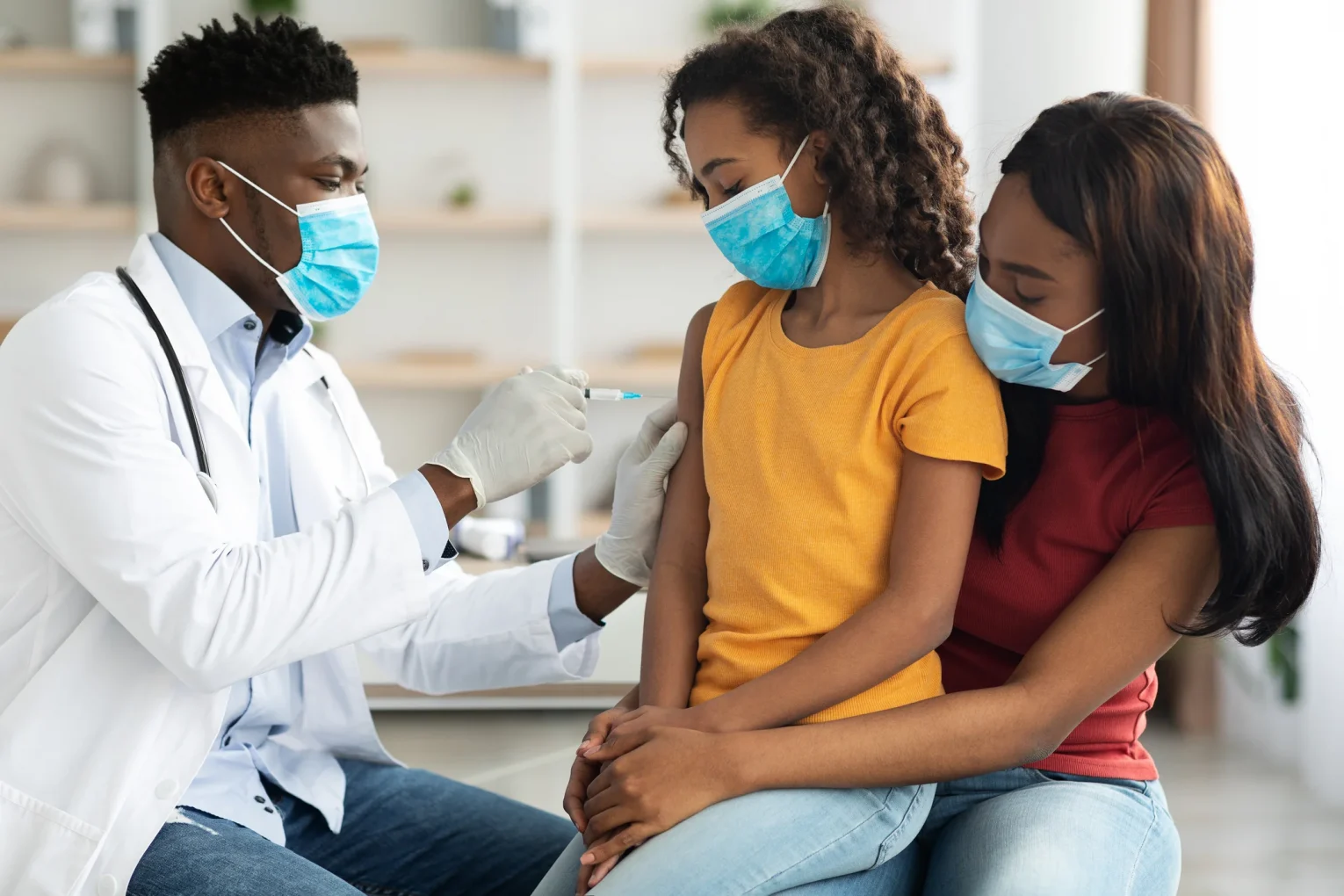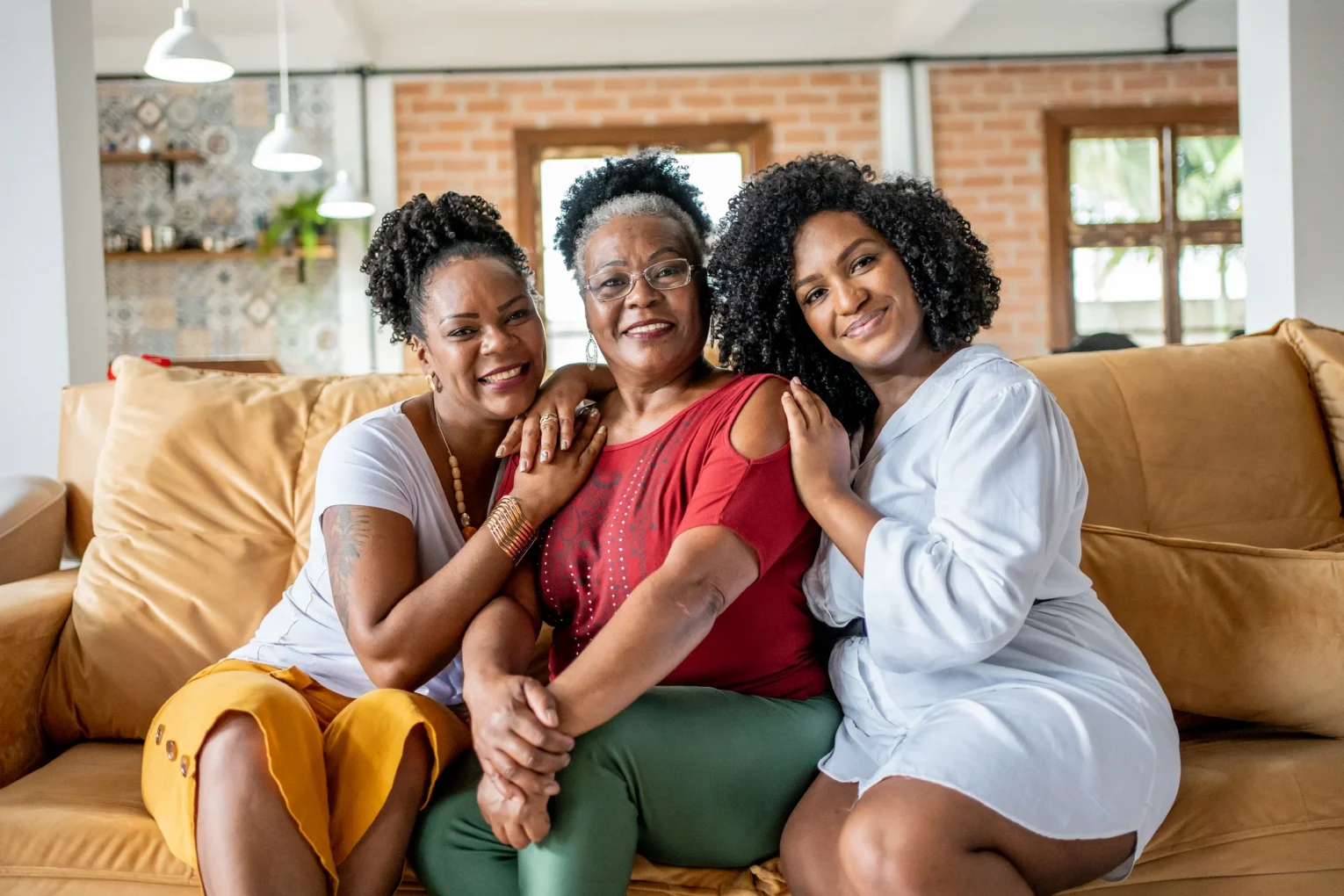
Group Life Policy is the ultimate life insurance solution that covers an entire group under a single contract
Read More
The Group Credit Life Policy can help you avoid leaving behind debt for you loved ones to grapple with
Read More
Take charge of your future today with the Personal Pension Plan. Whether retirement seems far away
Read More
J Care Junior is a standalone cover for children aged 0 to 17 years, ensuring their health needs are well-catered for
Read More
Discover peace of mind in your retirement years with J Care Senior, a tailored medical insurance solution for seniors over 61 years
Read More
J Care Premium is the perfect solution for your family’s healthcare. Choose from five simplified and flexible health plans to fit your needs.
Read More
Pamoja Afya is an affordable medical insurance plan designed for individuals, sacco members and members of Vicoba
Read More
Are you looking for affordable and essential medical insurance coverage for yourself and your family?
Read More
Discover peace of mind in your retirement years with J Care Senior, a tailored medical insurance solution
Read More
Career Life Plan offers the ideal solution to secure your child’s bright future. Combining education financing
Read More
Fanaka Plan offers a distinctive blend of investment and protection, ensuring a secure path towards your financial aspirations
Read More
With J Care Junior, your little ones receive comprehensive protection, granting you peace of mind throughout
Read More
Group Pension is the perfect solution for employers seeking to provide comprehensive retirement benefits
Read More
Take charge of your future today with the Personal Pension Plan. Whether retirement seems far away
Read More
Pure Term cover is the easiest and most cost-effective way of providing future financial security for your dependents
Read More
Farm without fear with Jubilee Allianz Crop Insurance. The cover protects farmers from crop losses caused by natural disasters.
Read More
Your livestock is a substantial investment that we want to help you secure against death and other risks.
Read More
Our mission is to protect the things you cherish, ensuring that your house remains a safe haven for you and your family.
Read More
Whether you’re travelling to connect with your loved ones outside of Tanzania or you’re planning a solo adventure to explore distant countries.
Read More
Motor Insurance provides essential financial protection against physical damage to your vehicle or bodily injury.
Read More
Marine insurance safeguards against the loss or damage of ships, cargo, and terminals.
Read More


Bima zetu za maisha na afya zinawezesha wateja wetu kuishi bila wasiwasi wakijua malengo yao yatatimizwa.